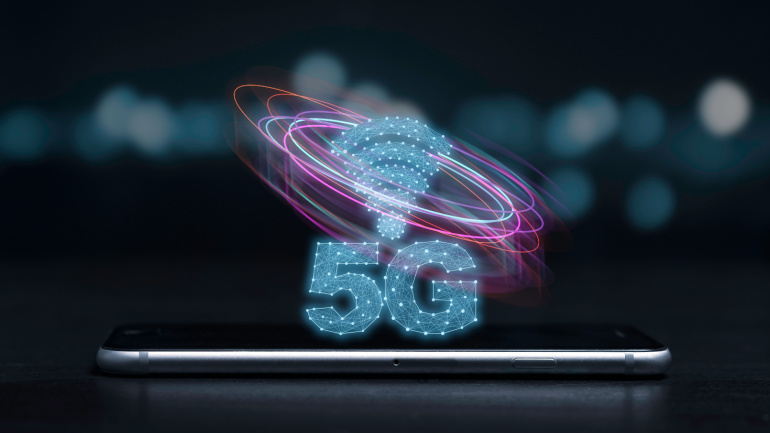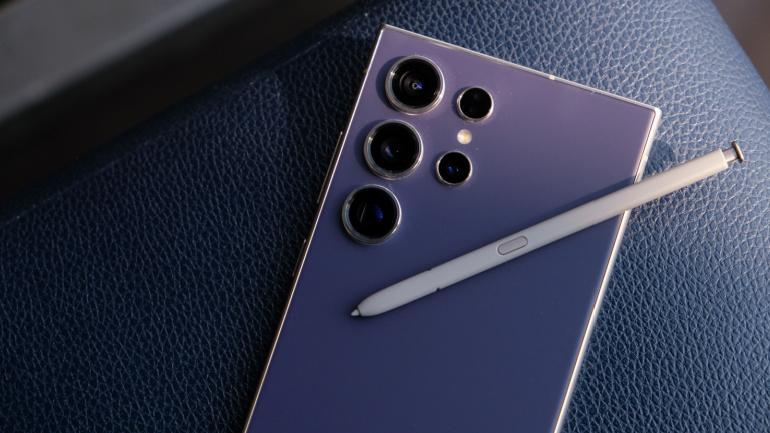In a significant move to strengthen its position in the global semiconductor industry, the Japanese government has committed approximately $307 million in subsidies to a high-profile semiconductor project. This initiative brings together major players NTT from Japan, Intel from the United States, and South Korea’s SK Hynix. Their collaboration focuses on the development of advanced optical semiconductor technology, which promises faster data processing speeds and reduced energy consumption compared to traditional electrical semiconductors.
Recognizing the growing demand for mid-band spectrum, the International Telecom Union (ITU) appends new frequency bands for 5G usage. A significant addition was the 6GHZ spectrum, which is anticipated to facilitate the 5G evolution. Multiple global operators have conducted successful tests, making strides toward a seamless shift to 5G-Advanced. This advancement not only opens a myriad of industry opportunities but also promises an improved user experience potentially comparable to the fiber experience.
Despite Europe’s stride towards a digitally advanced future, the current uptake of 5G stands at only 2.5%. This stands in stark contrast to how tech giants like North America, China, Japan, and South Korea are faring. While European market figures on Fibre-to-the-Home (FTTH) appears promising, various challenges, including recent antidumping measures, have stymied progress and exacerbated the digital divide.
In a strategic move to enhance the appeal of its smartphones, South Korean tech giant Samsung has joined forces with Google and Qualcomm, marking a significant collaboration in the tech industry. The focus of Samsung’s latest Galaxy S24 series launch lies in the integration of generative AI, a result of the newfound partnership with Google Cloud.
CITIC Telecom CPC and INSYS icom are joining forces to extend reach into Asian markets, providing dependable private Ethernet for Industrial Internet of Things devices. Aiding this collaboration is CITIC Telecom CPC’s SmartCLOUD™ platform, ensuring secure, local IIoT data control. With its digitalization expertise, INSYS icom aims to simplify global IIoT infrastructure deployment, overcoming complex business and regulatory challenges.
In a surprising turn of events, Apple, the tech powerhouse, has emerged victorious in the global smartphone market for 2023, surpassing its competitors in sales despite maintaining its position as the most expensive option. This revelation comes from IDC, the first analyst firm to release figures supporting Apple’s unprecedented success this year.
Fibramérica’s ground-breaking solution, FAST SIMPRECON, is set to revolutionise new customer activation in the telecommunications field, eliminating the constraints of previous preconnected services. Beyond just efficiency and cost-saving benefits, this innovation offers telecom operators unparalleled freedom in network management and supplier chain control. Experience a new horizon of adaptive, scalable and versatile network setup – for both urban and rural deployments.
China finished building the first launchpad at its Wenchang spaceport for the Long March 8 rocket. OmniOn Power’s Intelligent Distribution Bay addresses the growing challenges in the telecom and data center industry by providing real-time monitoring. Infobip launched AI Hub, an advanced upgrade integrating analytics, AI, and gen AI features to facilitate seamless end-to-end conversational experiences. CallTower joined the International Trade Council, reinforcing its dedication to excellence in Cloud Communications. The US government granted $50 million to Dish for the Open RAN Center for Integration & Deployment (ORCID), aimed at enhancing the global Open RAN ecosystem.
Indosat Ooredoo Hutchison (IOH) discloses plans of selling its data centres to BDx Indonesia, brightening BDx’s footprints in the Indonesian market. This move plays to the advantage of BDx who already operates data centres in Asia, while strengthening IOH’s commitment to enhance Indonesia’s tech landscape. Secured by substantial banking funding, this development emphasizes the continuous growth in the telecom and IT sectors.
In the ongoing technological rivalry between the United States and China, Huawei has emerged as a significant beneficiary, particularly in the realm of artificial intelligence (AI). The U.S. government, in its persistent efforts to hinder China’s progress in AI development, has implemented various bans on the sale of certain products from American companies to their Chinese counterparts. The focus of this battle shifted notably to AI over the past year, with China positioning itself as a frontrunner in AI, albeit still relying on U.S. company Nvidia for crucial high-performance chips.













